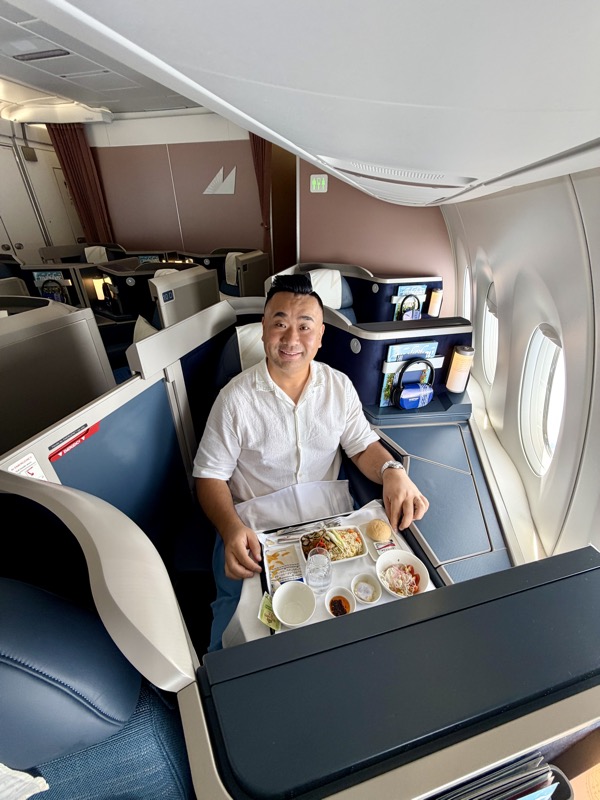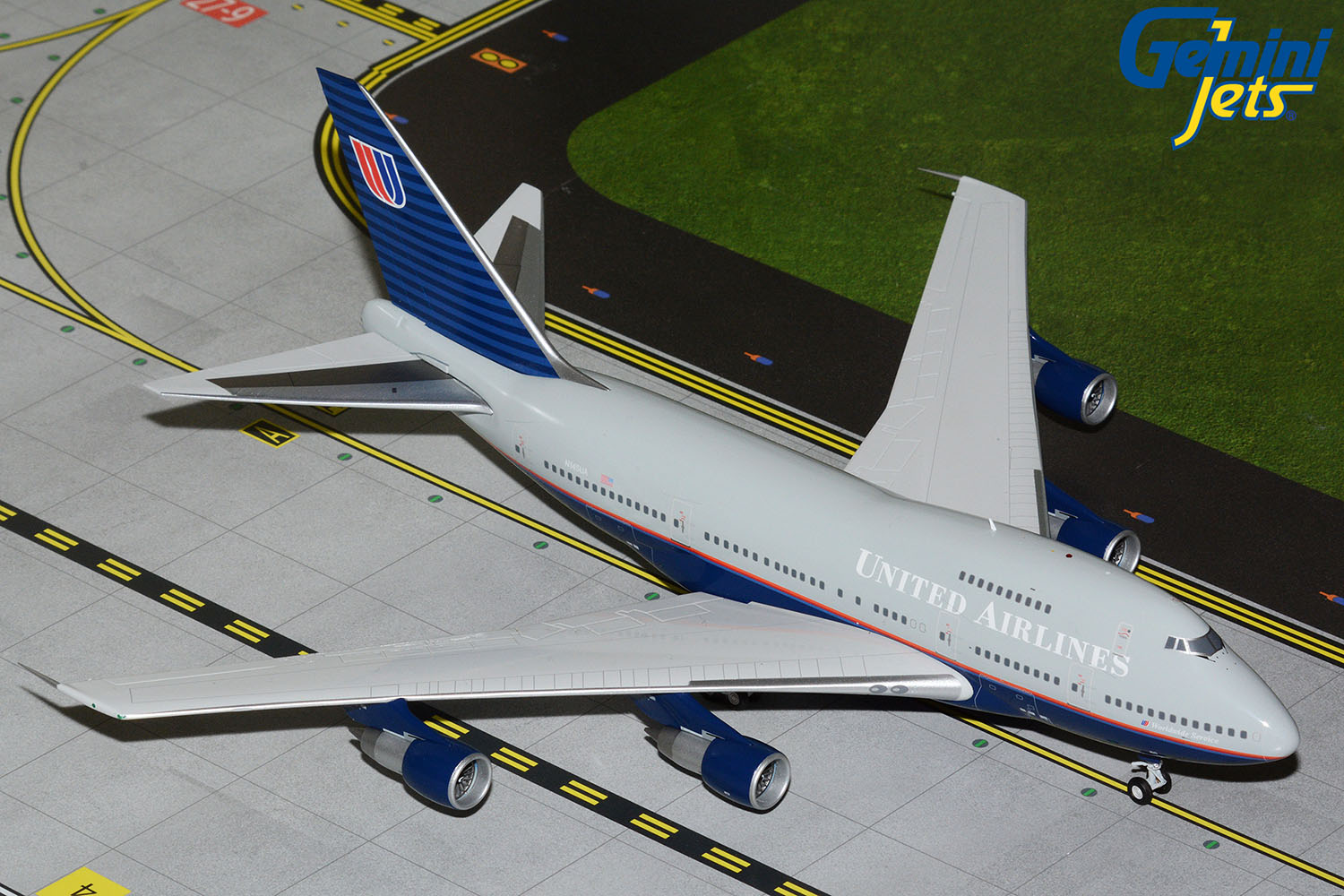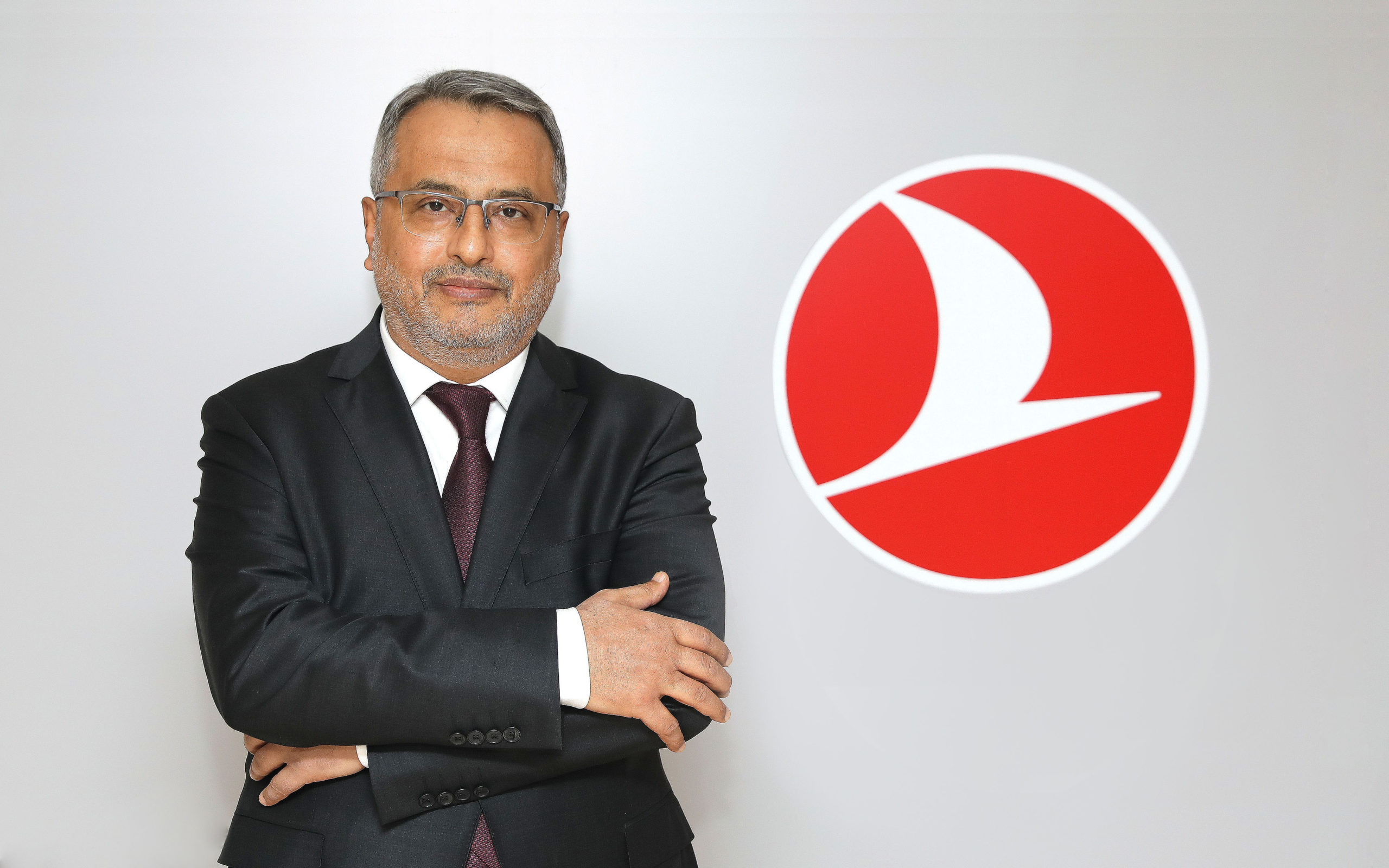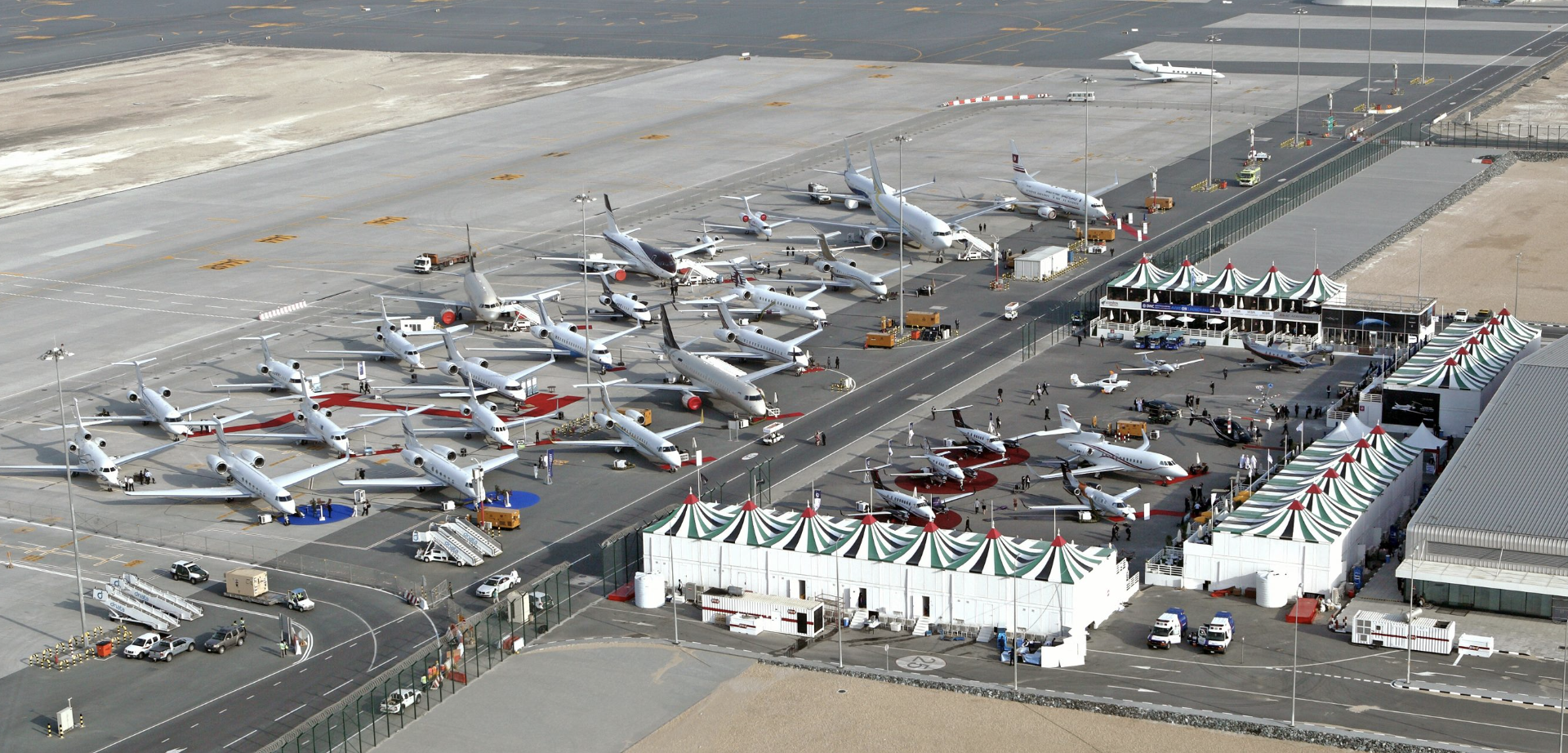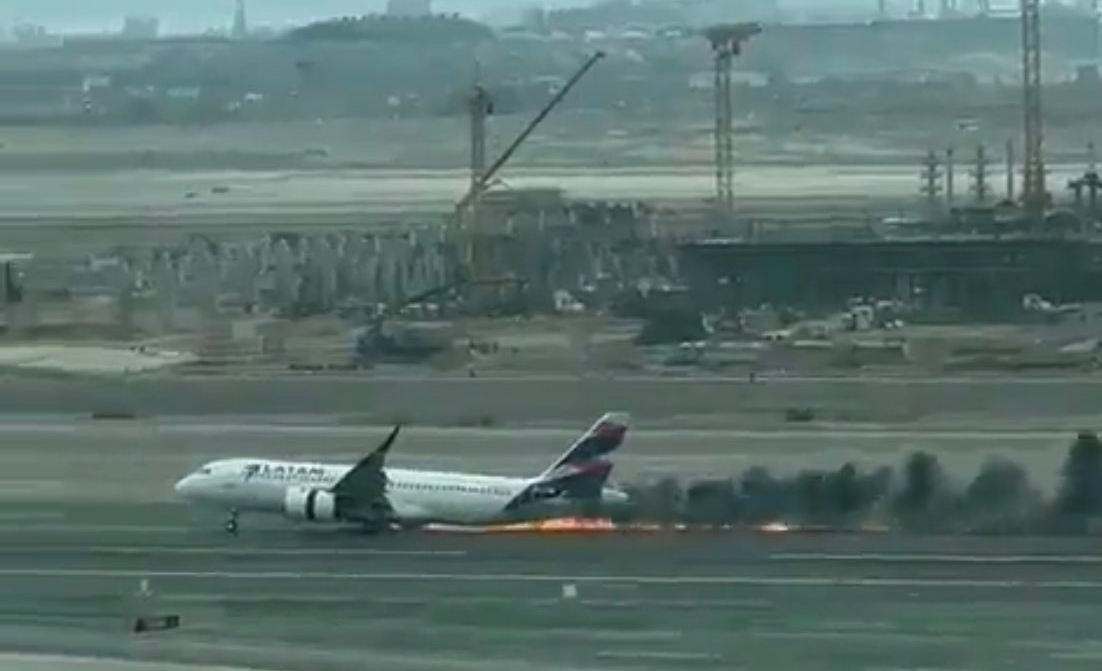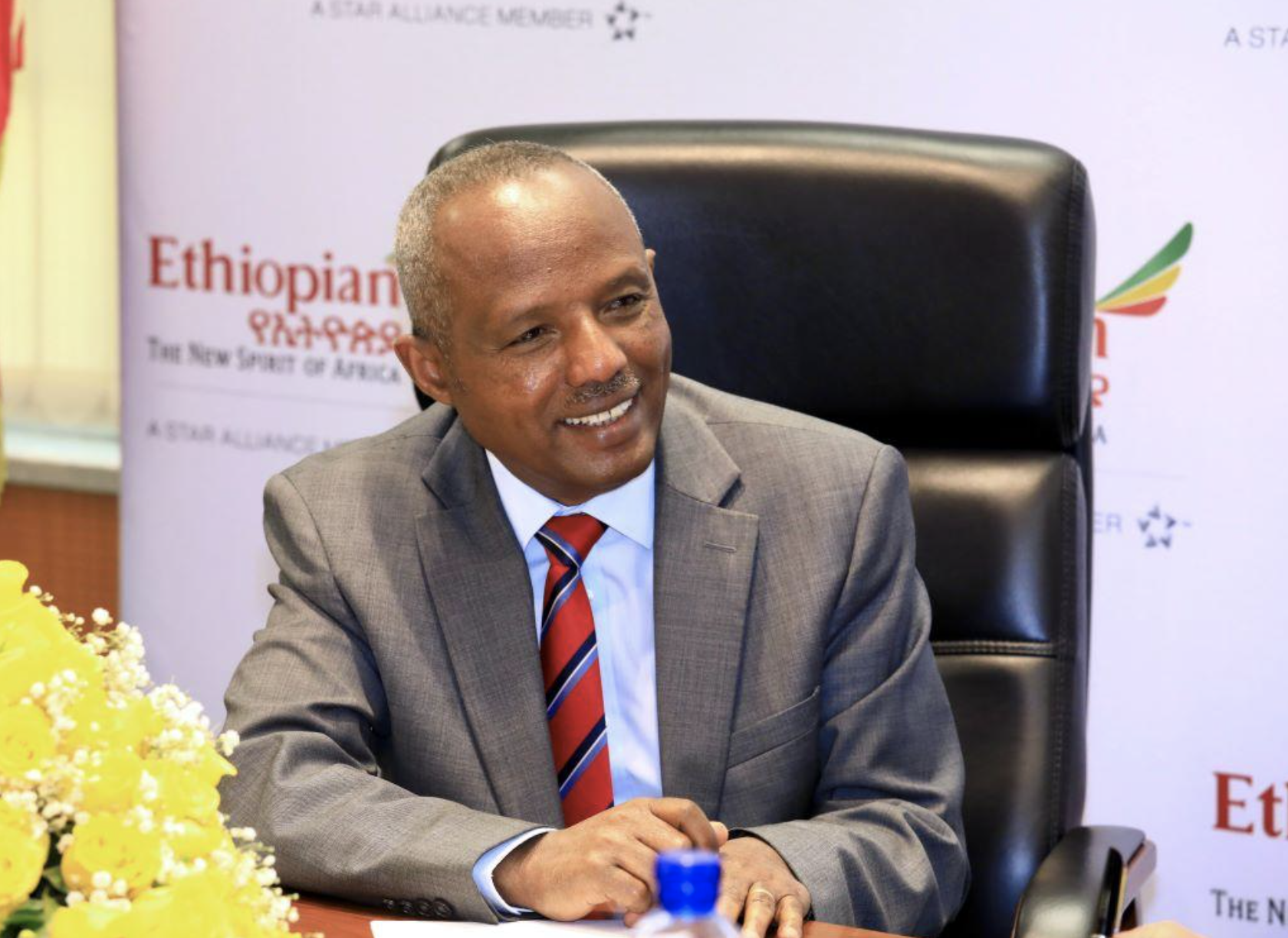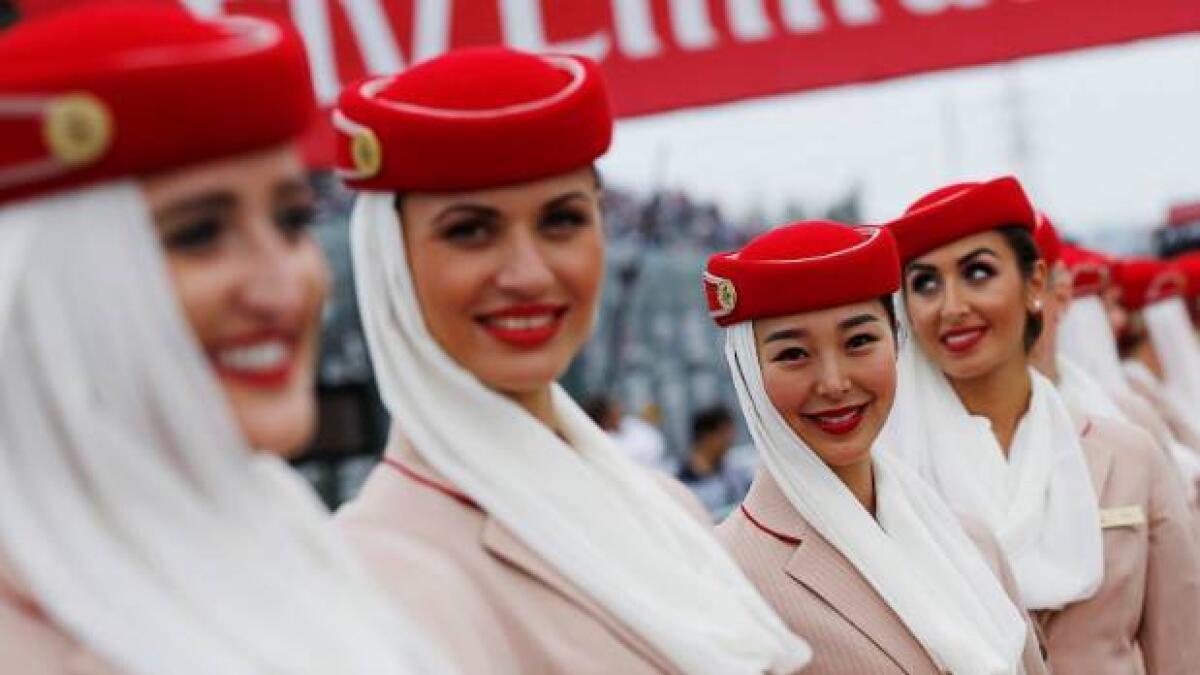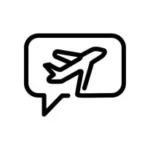Turkish Airlines is aiming to expand its partnership with United Airlines, even though the Chicago-based carrier has looked beyond Star Alliance to form a new strategic cooperation pact with Emirates.
Turkish is also developing its cooperation with IndiGo. Turkish Airlines Chairman Ahmet Bolat told last week in Istanbul at the sidelines of IATA´s wings for change conference, that the number of Boeing 777-300ERs it is wet-leasing to the Indian LCC could rise to six aircraft.
Views on United-Emirates Cooperation
Bolat shared his views on United’s decision to sign a codeshare agreement with Emirates in September, which drew a lot of attention in the industry.
“We give great importance to our strategic cooperation with Star Alliance partner United, however, new partnerships with non-Star members arise nowadays,” he said, referencing the United-Emirates pact.
“What’s happening, if you realize an opportunity, we are happy with that,” Bolat said. “We always believe if something happens, it should be good for both parties.”
“We were talking with United for a long time, and we are also talking about more cooperation in the U.S. with them. And we also asked them to come back to Istanbul,”
Turkish Airlines Chairman Ahmet Bolat
The chairman highlighted that Turkish offers a huge domestic market, connectivity to CIS states, the Middle East, and beyond from its global hub in Istanbul.
“On the table [for discussions] there is a seat for everybody. [United’s] choice was that [with Emirates]. And we will see how things work,” he said.
Turkish operates to 12 U.S. destinations from Istanbul and to some 44 other destinations which have connecting services with either United or JetBlue. “If United is connecting our hubs to the U.S. it’s our priority as Turkish Airlines,” Bolat said. “It is our goal to cooperate more with United. Our real main target is for them to fly again to Istanbul.”
Wet-Leasing 777s To IndiGo
Another strategic cooperation that Turkish Airlines entered recently is with New Delhi-based IndiGo. Bolat made clear his intention to intensify this partnership.
IndiGo is an all-Airbus operator with a huge all-A320 family fleet. “We cannot ask them to operate a different aircraft,” Bolat said, referring to the cooperation, “but then we asked them, ‘Why not wet-lease a 777 from us?’ And they agreed,” Bolat said.
The reason for the partnership is the enormous demand between India and Turkey. Starting Dec. 1, IndiGo will begin a Mumbai-Istanbul service with wet-leased 777-300ERs flown by Turkish pilots.
“Our goal is to expand this cooperation, both companies are working very closely together, and also to increase frequencies and aim to fly from Delhi to Istanbul,” the chairman said.
He hopes that the arrangement will work out well for both airlines. “Of course, the 777 has larger operating costs [than the A320],” he said. The possibility is also there to increase the number of wet-leased 777s from the initial three up to six, Bolat added.
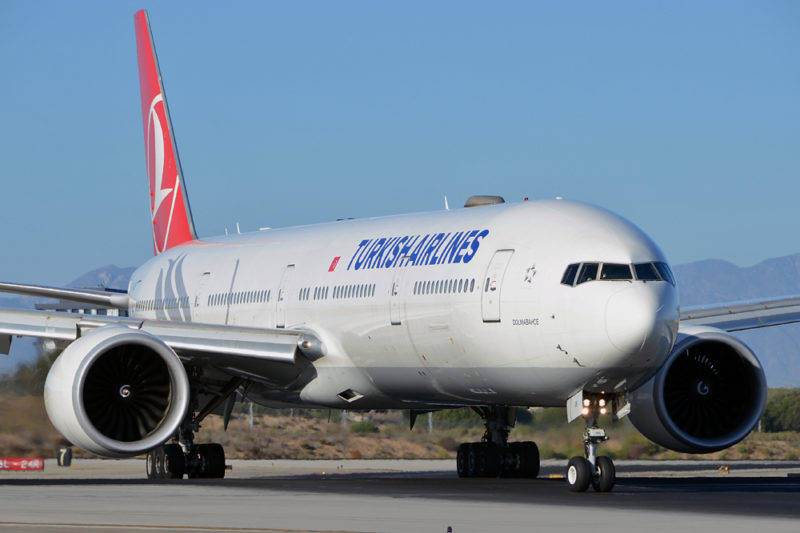
Turkish finished the third quarter (Q3) of 2022 with a net profit of $1.5 billion, which Bolat credited to the carrier’s operational agility and ability to meet increasing demand.
“We expected that there will be a surplus of passengers from other airlines, because of their inefficiency after the pandemic. We at Turkish Airlines did not lay off employees, and that helped us to restart.”
Turkish Airlines Chairman Ahmet Bolat
Turkish’s Q3 total revenue stood at $6.1 billion, 52% higher compared to the same quarter in 2019.
Constituting some 14% of the total, cargo revenues increased by 110% compared to the same period in 2019, bringing in around $880 million, the airline said in its Q3 statement.

